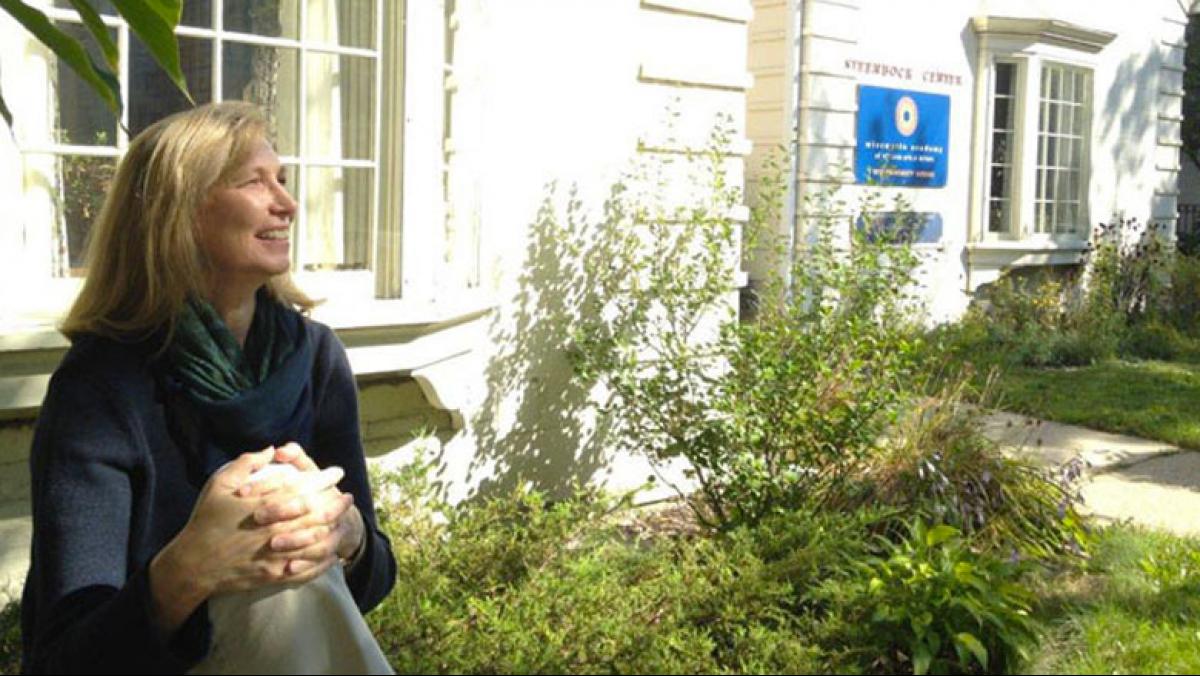For many of us, 2017 was a year of rapid and unsettling change. Seemingly solid foundations, from core cultural values to venerable American institutions, shifted dramatically. Absorbing the news of the day and sorting out the right response can be an exercise in exhaustion. And exhaustion invites the temptation to just “check out,” which poses a dilemma for concerned participants of our democracy: If we check out, aren’t we part of the problem?
Instead of checking out, I seek temporary refuge in a good read. Seeing things through a thoughtful perspective, exploring an imaginary world, or savoring a potent phrase all create space to think, reflect, and, yes, escape. Stories can help us move beyond the mental work of synthesis and critical analysis to enjoy the ride of a well-spun tale. Our brains are wired to embrace stories; and stories, in turn, can help our minds find new ways to consider subjects that take us beyond the realm of fiction and into our daily lives.
Just as stories help us understand motivations for the ways in which people behave, well-composed essays and solid journalism provide context to help us navigate everyday life. In this way, writing is central to the development of rational thought. However, it should be noted that reason takes more than 280 characters, and good writing is more than a splash of adrenalin on the keyboard. Reasoned writing—based on diligent research, fact-checking, and documented sources—is essential to our democracy and should be supported and celebrated rather than denigrated.
I find it hard to carve out time to read, as “really busy” seems to be the default setting in my life. But, over the last year, I’ve been grateful that my short list of good reads has included Annie Proulx’s Barkskins, Terry Tempest Williams’ The Hour of Land, and The Atomic Weight of Love by Elizabeth J. Church. Sprinkle in a few “beach novels,” Dan Egan’s The Death and Life of the Great Lakes, the daily newspaper, and an entire issue of The Atlantic devoured on a turbulent flight, and I realize that, yes, I did carve out time to read. Some content was ephemeral; some left lasting impressions; some challenged my assumptions. All made life just a little bit better, a little more interesting, and a little more grounded.
Not everyone has the capacity and means to enjoy a good read. Knowing that it is a privilege makes the moments when I enter a writer’s world something for which I’m profoundly grateful. I’m glad that my parents encouraged us to read when my brother and I were young, and for all those childhood trips to the local library that helped open up a world of ideas for me. These experiences helped to sow the seeds of critical thinking and provided me with permission to seek the pleasure of a story on the page.
If refuge and respite found in written works enriches your life, consider ways you can make this gift more widely available by supporting literacy programs, local libraries, and education. Certainly it is important to read to a child, just as it is important to champion the work of writers who wrestle ideas into cohesive arguments, intriguing plots, and moments of clarity. Among these writers are the truth-sayers and chroniclers of our times, and we need their voices now more than ever.




